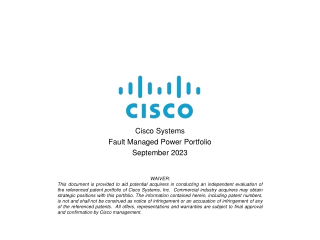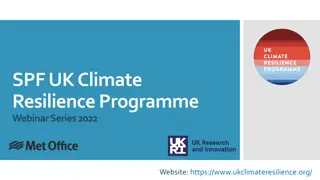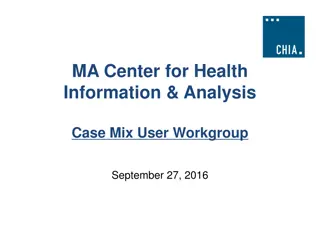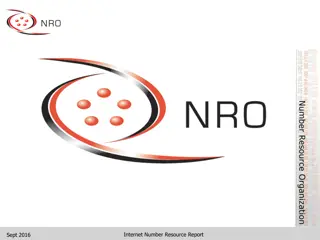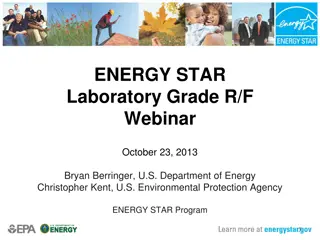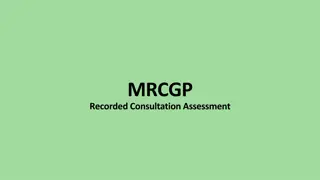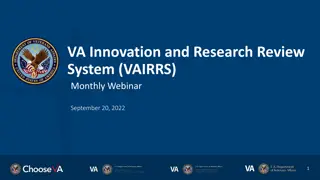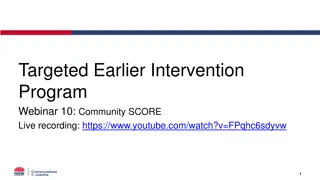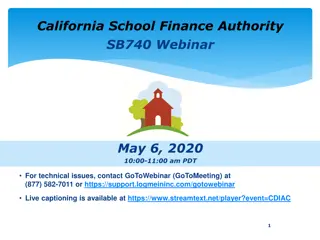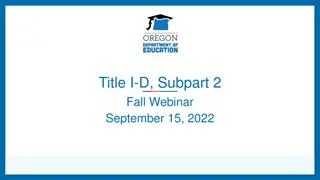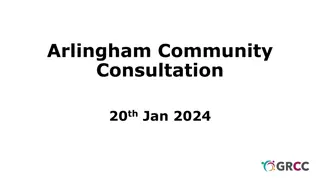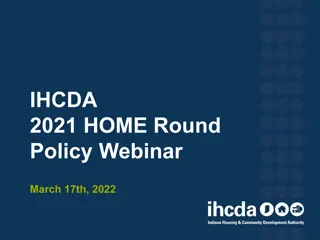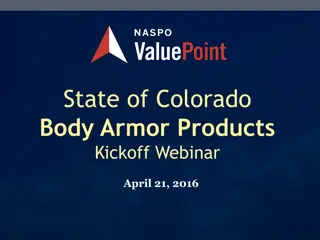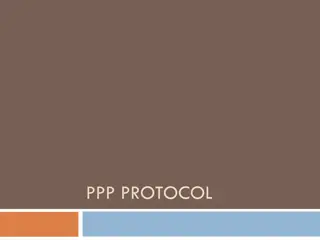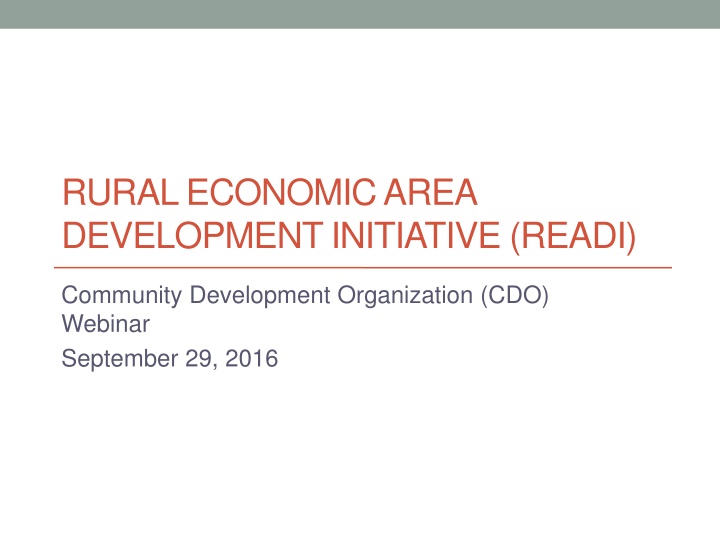
Rural Economic Area Development Initiative (READI) Program Overview
Learn about the Rural Economic Area Development Initiative (READI) program administered by the Division of Energy, Housing, and Community Resources (DEHCR) to provide economic development investments, housing opportunities, and support services for low to moderate-income individuals in rural areas. Discover the program's application process, funding details, and project requirements to promote job creation and sustainable development.
Download Presentation

Please find below an Image/Link to download the presentation.
The content on the website is provided AS IS for your information and personal use only. It may not be sold, licensed, or shared on other websites without obtaining consent from the author. If you encounter any issues during the download, it is possible that the publisher has removed the file from their server.
You are allowed to download the files provided on this website for personal or commercial use, subject to the condition that they are used lawfully. All files are the property of their respective owners.
The content on the website is provided AS IS for your information and personal use only. It may not be sold, licensed, or shared on other websites without obtaining consent from the author.
E N D
Presentation Transcript
RURAL ECONOMIC AREA DEVELOPMENT INITIATIVE (READI) Community Development Organization (CDO) Webinar September 29, 2016
Division Overview The Division of Energy, Housing and Community Resources (DEHCR) administers the statewide program to assist eligible households with electric and heating bill assistance, assists with energy crisis situations and weatherization services. DEHCR also develops housing policy and offers a broad range of program assistance and funds to address homelessness and support affordable housing, public infrastructure, and economic development opportunities. The Division partners with local governments and service providers, non-profit agencies, housing authorities, and developers. The Division s: Community Development Programs fund public infrastructure, blight elimination, and business development. Supportive Housing Programs fund homeless and special needs programs. Affordable Housing Programs fund home purchase and rehabilitation, single family and multifamily development, and disaster recovery assistance. Energy Assistance Programs assist eligible households with heating and electric bill payment and those facing energy crises as well as provide assistance with home weatherization. The Division also administers the Relocation Assistance and Diesel Truck Idling Reduction Grant Program
READI Program Summary The READI application is only for non-entitlement Units of General Local Government (UGLG) applicants that intend to grant the award funds to CDO s. The CDO certification process is identified in the READI application. READI uses CDBG funding to provide targeted economic development investment in either a single unit of general local government or a rural region. $10 million has been allocated for Program Year 2016 to capitalize the READI program. CDBG funding requires that all projects must meet one of three National Objectives; however, under READI all projects must benefit of persons of low and moderate income (LMI).
READI Program Summary All READI applications must include an economic development project as well as housing project. Applicants are encouraged to include a jobs training component as well. Economic Development: (Required) Loans of up to $500,000 in exchange for low- and moderate- income job creation. Workforce Housing: (Required) Loans of up to $300,000 to rehabilitate or create workforce housing near the economic development project. CDBG funds cannot be used for new construction of residential units. Job Training: (Optional) Grants or loans of up to $200,000 to train workers to step into new jobs directly associated with the economic development project.
READI Program Summary Economic Development Priorities: Primary goal: Facilitate economic development, job creation, and housing opportunities for low to moderate income (LMI). Encourage business investment supporting job creation; Foster new businesses resulting in job creation;
READI Program Summary Economic Development Priorities: Support job training and skill development; Promote entrepreneurial and small business start-ups; Support incubators and microenterprises; Create new jobs.
READI Program Summary Housing Priorities Primary goal: rehabilitate and/or expand housing stock in rural communities to ensure housing opportunities exist for low to moderate income households. Residential Rental Rehabilitation Rehabilitate rental housing ensuring the units are decent, safe, and sanitary. Conversion Conversion of commercial or industrial property to decent, safe, and sanitary residential units.
READI Program Summary Housing Priorities Limited New Development Activities - CDBG funds can be used for acquisition of property, architectural design, etc. For the duration of a five year affordability period, 51% of housing units rehabilitated must be rented to low/moderate income individuals.
READI Program Summary Job Training Priorities Primary goal: Provide training resources and opportunities which ensure that LMI individuals have the necessary skills to meet and exceed expectations of success in the newly created positions. A minimum of 51% of the jobs to be directly created or retained by an economic development project will be held by LMI persons.
READI Program Summary Eligibility Requirements: The READI applicant must be a non-entitlement Unit of General Local Government (UGLG), or a region comprised of a minimum of three counties or a county/counties with a population greater than 100,000 For a regional application, each county must have adopted a resolution indicating the lead County for application, grant administration, and reporting requirements.
READI Program Summary Project Partners must demonstrate a match of at least 50% of the total project cost. Match funds may include bank loans, loans to be repaid to other state or federal programs, grants from state or local partners, or new business investments. The following will not be considered as match by DEHCR: Other federal funds* In-kind contributions or services Existing assets Existing equity Projected operating cash flow Existing Line of Credit (LOC) *Most federal funds cannot be matched; however, please contact David Pawlish to ensure the federal funds cannot be matched.
READI Program Summary Applicable Federal Requirements Under READI: Section 3 Fair Housing Davis-Bacon Citizen participation planning Environmental review Single Audit
READI Program Summary UGLG s will be responsible for enforcing reporting requirements and gathering all required documentation by CDBG regulations. DEHCR must receive all required documentation, monitor the grant for contract compliance and certify that a national objective has been met prior to repayments being eligible to be considered de-federalized.
READI Program Summary Once the information has satisfied HUD requirements, the State will send a letter to the UGLG/CDO confirming the CDO may use the repayments for a new activity. DEHCR must send a confirming letter to the UGLG before repayments are no longer considered CDBG Program Income. Use of repayments are limited to: neighborhood revitalization, community economic development, or energy conservation projects in their CDO region, as specified by the agreement.
READI PROGRAM SUMMARY Any Questions?
Community Development Organization Certification Process Two processes for certification, depending on the organization: 1. Organizations already certified as a Community Development Financial Institution (CDFI), Certified Housing Development Organization (CHDO), Small Business Association (SBA) Lender are not subject to the long CDO application. Must be organized as not-for-profit at time of application. These types of organizations must submit: Letter requesting CDO certification and document status as CDFI, CHDO, or SBA lender; i.e: letter from U.S. Treasury, CHDO Certification, SBA documentation. Must include certified IRS status. Manual documenting fiscal and administrative policies and procedures. Must meet standards of Omni Circular. Certify that the organization has a project review committee, including membership. The Committee will review this information and make its recommendation to the DEHCR Administrator.
Community Development Organization Certification Process 2. All other organizations seeking certification must submit a full application and meet the criteria outlined in the application process: Organizational Structure Organization must be certified by IRS as a not-for-profit corporation. Applicants may not be a municipal department or be wholly funded by a municipality. The organization must have a board of directors. Names and representation of board members must be included in the application.
Community Development Organization Certification Process Both Applicants CDBG-READI Project Review Committee Both applicant types must have a project review committee with the following makeup: At minimum, the committee must have: An accounting professional A banking representative with demonstrated lending experience A legal representative, practicing attorney, not municipal counsel At least one business professional At least one community member who fits the criteria for low- to moderate-income.
Community Development Organization Certification Process Capacity and Experience The organization must demonstrate the following capacity and experience: A Manual(s) containing fiscal and administrative policies and procedures. Must meet standards of Omni Circular. (Both Applicants) A mechanism for recording outcomes and maintaining all required documentation. Staff capacity sufficient to administer a CDBG-READI project. Two examples of projects with CDBG funding which the organization or its staff has taken from application to successful completion. Experience with or knowledge of federal revolving loan programs or other types of lending, including underwriting, loan monitoring and workout, and marketing experience.
CDO Certification Q & A For all other organizations applying for certification: Question: What are the eligible not-for-profit statuses? Answer: 26 USC 501 identifies the eligible forms of not- for-profit organizations. In addition, the following are eligible under the Housing and Community Development Act 105(a) (15): Non-profit Small Business Investment Company organized under 15 USC Section 681 Non-profit SBA Section 504 Certified Development Company Non-profit Community Development Corporation Non-profit Local Development Corporation
CDO Certification Q & A Question: What are the appropriate levels of fiscal and administrative policies and procedures for certification? Answer: 2 CFR Part 200 & 24 CFR Part 85 Subpart C governs. At a minimum, CDO must have policies and procedures in place that: 1) Document employee time; 2) Document all equipment, materials, supplies and travel; 3) Inventory records and supporting documentation for allowable equipment purchased to carry out the Project scope; 4) Document and justify methodology used in applying costs; 5) Rationale supporting allocation of space charges; 6) Rationale and documentation of any indirect costs (submitted with initial invoice); (continues next slide)
CDO Certification Q & A 7) Documentation of Agreement Services and Materials; 8) Any other records which support charges to Project funds. 9) Reasonable administrative cost rate.
CDO Certification Q & A Question: What level of staff capacity is sufficient to administer the READI project? Answer: Examples: no findings on open CDBG/HOME awards, ability to generate required reports and manage financial requirements. Question: How should a potential CDO demonstrate experience? Answer: Prior CDBG or other federally funded grant awards from concept to application and successful completion.
CDO Certification Q & A Question: Can CDO s transfer assets to a partner/ other entity or dissolve and a partner retain assets? Answer: No, any dissolution results in all assets forfeited to the State.
CDO Certification Q & A Question: What is the repayment period for loans under READI? Reporting period? Answer: 5 years. After repayments are de-federalized, very minimal reporting will be required by the State.
CDO Certification Q & A Question: Can there be multiple CDO s serving the same area (or parts of region)? Answer: Yes.
CDO Certification Q & A Question: How and where do CDO applicants submit their applications? Answer: Please submit one original and one electronic version to: Wisconsin Department of Administration Division of Energy, Housing and Community Resources Bureau of Community Development 101 E. Wilson St., 5thFloor Madison, WI 53703 Email: doadohcdbgcd@wi.gov

